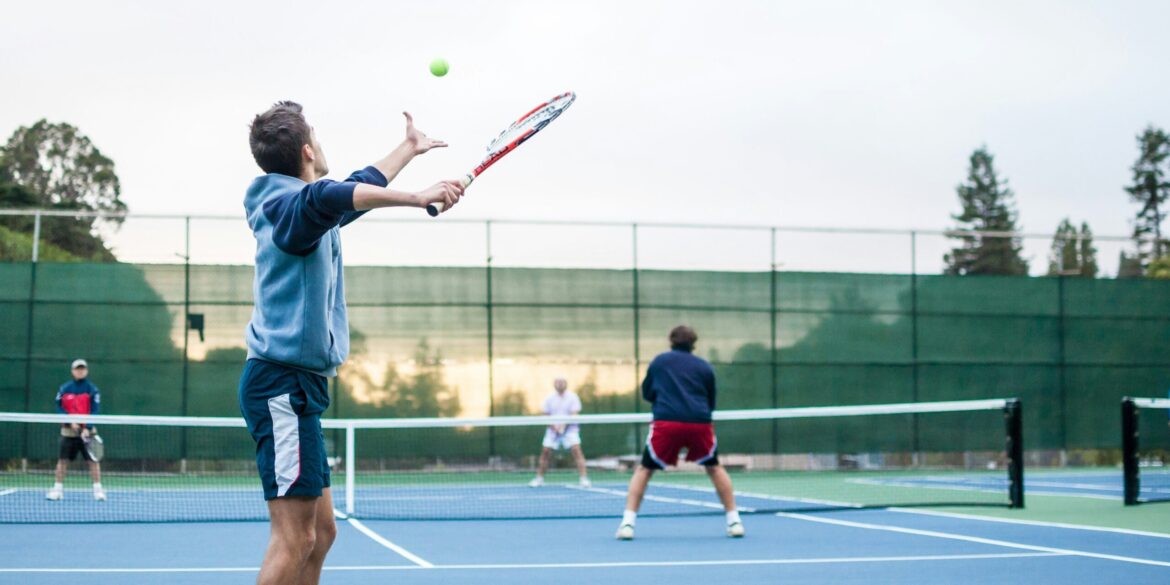A major new addition is coming to Miami’s vibrant urban fabric this December with the arrival of Ultra Club Midtown, soon to be the largest padel club in the United States. The state-of-the-art, two-acre facility is part of a sweeping $2 billion development project in the heart of Midtown and promises to reshape how Miamians engage with sports, leisure, and community activity.
Read Also: https://miamihighlight.com/miamis-green-spaces-how-local-parks-are-transforming-urban-life/
The ambitious project will feature 11 outdoor padel courts and three additional courts designed specifically for children, underscoring a commitment to making the club a family-friendly destination. Unlike traditional athletic centers, Ultra Club Midtown is being developed with a lifestyle-first approach, incorporating a curated selection of food and beverage options, wellness features, and year-round community programming. Developers say the aim is not simply to build a sports complex but to create a destination that combines competitive energy with social engagement and urban connectivity.
Padel—a racquet sport that blends elements of tennis and squash—has been enjoying a meteoric rise in popularity in the United States, particularly in sun-soaked South Florida. The sport’s accessible format, which requires less space and is easier to learn than traditional tennis, has led to its rapid adoption among both serious athletes and casual players. Ultra Club Midtown is the latest and most significant indicator of padel’s growing foothold in the U.S., and especially in Miami, where its expansion is reflective of the city’s appetite for modern, socially inclusive recreation.
The facility’s Midtown location places it at the center of one of Miami’s most rapidly evolving neighborhoods, known for its blend of residential development, retail spaces, and cultural venues. Developers are betting that this dense, walkable setting will foster high engagement from local residents while also drawing tourists and fitness enthusiasts from across the region. The timing of the opening—December 2025—positions the club to capitalize on Miami’s peak tourism season and the influx of holiday travelers seeking active experiences in a warm, festive environment.
Local officials and development stakeholders believe Ultra Club Midtown will have wide-ranging impacts beyond sport. As part of a broader $2 billion urban investment, the project aims to redefine how cities incorporate health and recreation into their urban cores. By co-locating sports with dining and social activities, the model aligns with a new generation of mixed-use developments that prioritize experience over traditional retail. The result is a civic space where play, community, and commerce intersect.
Developers have emphasized that Ultra Club will host not just casual games but organized leagues, clinics, youth programs, and international tournaments. The design of the facility allows for both high-level competition and everyday accessibility, which officials hope will foster a strong community of players and contribute to Miami’s growing global profile as a sport-forward city. Planners are also evaluating options for future expansion, including nighttime lighting systems, shaded seating, and digital scheduling features to enhance user experience.
The introduction of Ultra Club Midtown follows a string of creative padel installations across Miami, including the much-talked-about plans for a rooftop padel court atop a parking structure in Miami Beach. The momentum signals a broader shift in urban recreation design—one that prioritizes vertical builds, multi-use integration, and community-first planning principles.
As the countdown to December begins, excitement is mounting among fitness enthusiasts, families, and local leaders. For Miami, Ultra Club Midtown represents not only a new chapter in sporting infrastructure but also a symbol of the city’s commitment to fostering healthy, connected, and dynamic urban living. With its mix of athleticism, social appeal, and innovative design, the club is expected to become a flagship for the future of recreational development in cities across the country.

